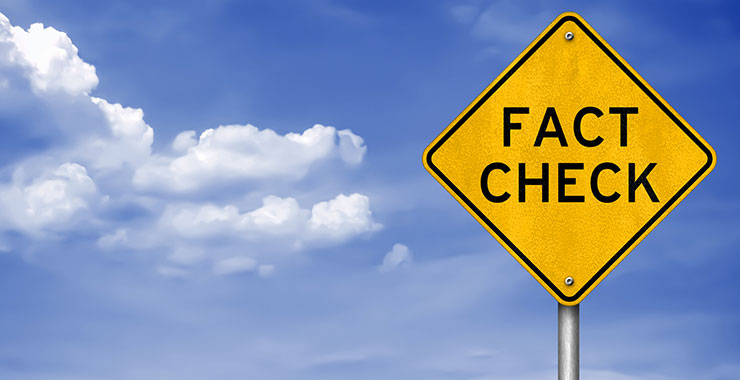As journalism continues to evolve in the digital age, the role of fact-checking has become more critical. Journalists must continue to prioritize verification, even in the face of time constraints and the complexities of modern information ecosystems. As the digital landscape evolves, so too does the responsibility of journalists to ensure that the information they publish is accurate, credible, and trustworthy. Fact-checking is the cornerstone of responsible journalism, acting as a safeguard against the proliferation of misinformation and fake news.
Social media and digital platforms has revolutionized how news is consumed and shared. However, it has also opened the floodgates to a torrent of misinformation. False narratives can go viral within minutes, reaching millions before corrections can be made. This rapid dissemination of unverified information poses a significant threat to public discourse and democratic processes.
In this context, fact-checking emerges as a vital tool for journalists. It is not just about verifying facts; it’s about preserving the integrity of journalism itself. In the digital age, where anyone can publish content, fact-checking serves as a filter, separating fact from fiction and ensuring that audiences receive reliable information.
Journalists today face immense pressure to publish quickly, often with limited resources and time. The 24/7 news cycle demands constant updates, leaving little room for thorough verification. This can lead to mistakes, with unverified or partially verified information making its way into the public domain.
Moreover, the sheer volume of information available online complicates the verification process. Journalists must sift through a vast amount of data, much of it conflicting or misleading, to find the truth. The rise of deepfakes and AI-generated content has added another layer of complexity, making it even harder to distinguish between real and fabricated material.
There is also the challenge of bias. Fact-checking requires objectivity, but journalists, like all humans, are susceptible to cognitive biases. The risk of confirmation bias, where one unconsciously seeks out information that confirms pre-existing beliefs, is a constant challenge in the fact-checking process.
Despite these challenges, several fact-checking initiatives have demonstrated how effective verification can be in combating misinformation and upholding journalistic standards. These organizations have set the benchmark for responsible journalism in the digital age. Africa Check, Founded in 2012, Africa Check is the first independent fact-checking organization on the African continent. It focuses on verifying claims made by public figures, institutions, and the media in Africa. Africa Check’s work is particularly important in regions where misinformation can have serious consequences, such as during elections or public health crises.
Fact-checking is not just a defensive measure against misinformation; it is a proactive tool for building trust with audiences. Truth is often contested and fact-checking ensures journalism remains a reliable source of information, essential for a healthy democracy.
The future of journalism depends on the commitment to truth and Fact-checking is at the heart of this commitment, safeguarding the integrity of the information we consume and reinforcing the vital role of journalism in society. As a result, we have launched several fact checking trainings for content creators across the country starting with Mombasa county this August. click on link to register.
